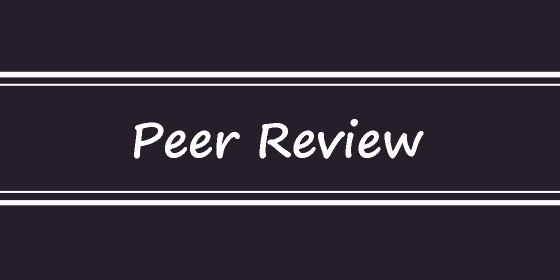Peer Review

Peer review, also known as code review or collaborative code review, is a software development practice in which developers review each other’s code to ensure its quality, identify defects, and share knowledge among team members. During a peer review, one or more team members thoroughly examine the code changes made by another developer before the changes are integrated into the main codebase.
Key aspects of peer review include:
- Quality Assurance: Peer reviews help identify bugs, logic errors, and potential issues in the code. The goal is to catch and fix these problems early in the development process, reducing the likelihood of defects reaching production.
- Knowledge Sharing: Code reviews provide an opportunity for team members to learn from each other. Reviewers can gain insights into different approaches and best practices, and developers receiving feedback can improve their skills and understanding.
- Code Consistency: Peer reviews help maintain coding standards and ensure that the code follows the team’s guidelines and practices. This promotes consistency across the codebase, making it easier to maintain and understand.
- Collaborative Improvement: Code reviews create a collaborative environment where team members openly discuss code changes, propose alternative solutions, and collectively strive for continuous improvement.
- Learning Opportunities: For junior developers, participating in code reviews can be a valuable learning experience. It allows them to see how more experienced team members approach problems and learn from their feedback.
- Code Ownership: In a team practicing collective code ownership, all members are responsible for the quality of the codebase. Code reviews help distribute this responsibility and encourage a sense of ownership among team members.
- Different Review Techniques: Code reviews can take various forms, such as pair programming, over-the-shoulder reviews, asynchronous reviews using tools like pull requests, or formal inspections. The chosen method depends on the team’s preferences and development process.
Peer review is an integral part of modern software development practices, especially in agile and collaborative environments. It not only improves code quality but also helps foster a positive team culture built on trust, open communication, and continuous learning. By conducting thorough and constructive code reviews, teams can deliver higher-quality software, reduce defects, and create a supportive environment for developers to grow and excel in their roles.